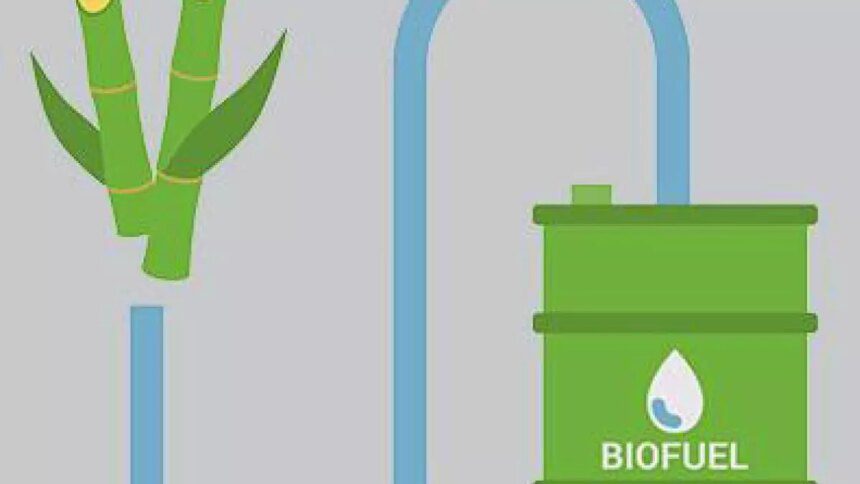The government’s decision to potentially raise the ethanol price for the current supply year has implications for the ethanol industry in India. With a focus on ethanol made from sugarcane juice/syrup and B-heavy molasses, the proposed price hike reflects the government’s efforts to support the industry and encourage investment in production capacity.
The rationale behind the price increase for these particular sources of ethanol is tied to the need to ensure fair returns for producers and cover costs incurred due to previous bans and restrictions. By aligning ethanol prices with the fair and remunerative price of sugarcane, the government aims to incentivize sugar mills to meet targets and contribute to the country’s energy security goals.
However, the challenge lies in scaling up ethanol production capacity to meet future demand for blending targets. As demand for ethanol blending is expected to increase significantly in the coming years, investments in infrastructure and technology will be crucial to expand capacity and support the growth of the industry.
In light of these developments, the government’s approval of the proposed ethanol price hike and the industry’s calls for advanced biofuel policies underscore the importance of a coordinated approach to ensure sustainability and success in the ethanol sector. By addressing the pressing need for capacity expansion and policy support, India can further advance its ethanol blending program and contribute to a more sustainable energy future.










